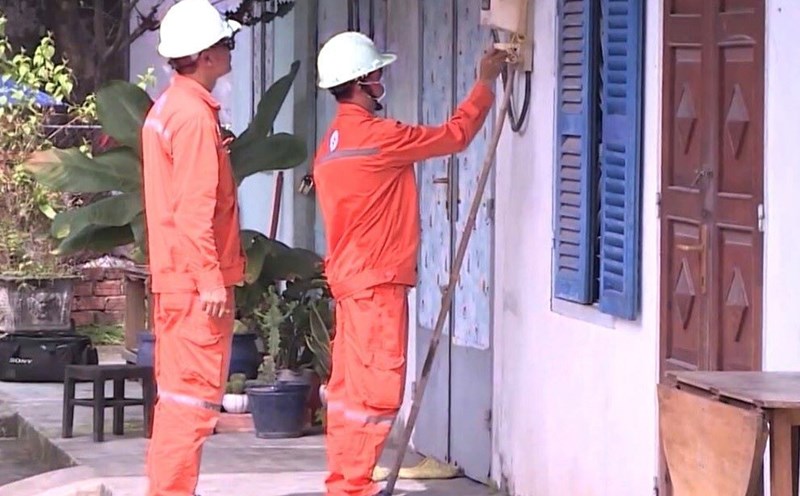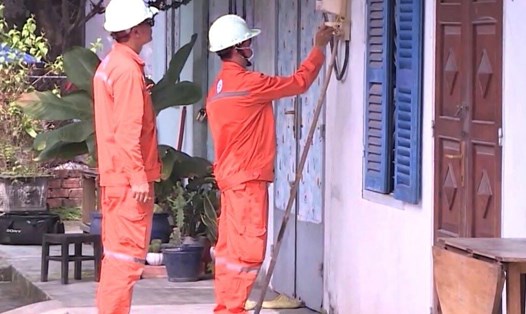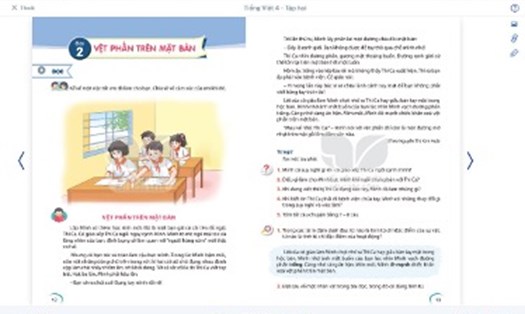In reality, the cross-subsidy mechanism for electricity prices exists not only among consumer groups, but also among regions and among electricity-using sectors. Typically, the electricity price sold to manufacturing enterprises, especially foreign-invested enterprises, is often lower than the electricity price for households. This has caused people to bear higher costs, while businesses benefit from preferential electricity prices.
In recent times, the issue of cross-subsidization of electricity prices has been proposed many times. According to the Government's proposal, Resolution No. 55 of the Politburo has given the direction of not implementing cross-subsidization of electricity prices between customer groups and between regions; the current Electricity Law stipulates "implementing a reasonable retail electricity price structure for customer groups".
Vietnam does not yet have a fully competitive electricity market. This means that electricity prices do not accurately reflect market value and production costs, leading to a lack of transparency and unfairness for users.
Therefore, the amended Electricity Law with additional provisions on a reasonable retail price structure, gradually reducing and eventually eliminating cross-subsidy between regions and customer groups not participating in the competitive retail electricity market is appropriate to the development level of the electricity market.
This is also an important factor towards building a healthy electricity market, where producers, the state and consumers are guaranteed fair rights.
In the context of growing economy and increasing demand for electricity consumption, it is necessary to amend and soon pass the Electricity Law towards a competitive and fair electricity market.
Eliminating cross-subsidy in electricity prices to create a fair trading market is an inevitable rule and also one of the prerequisites to ensure sustainable development for the country!











